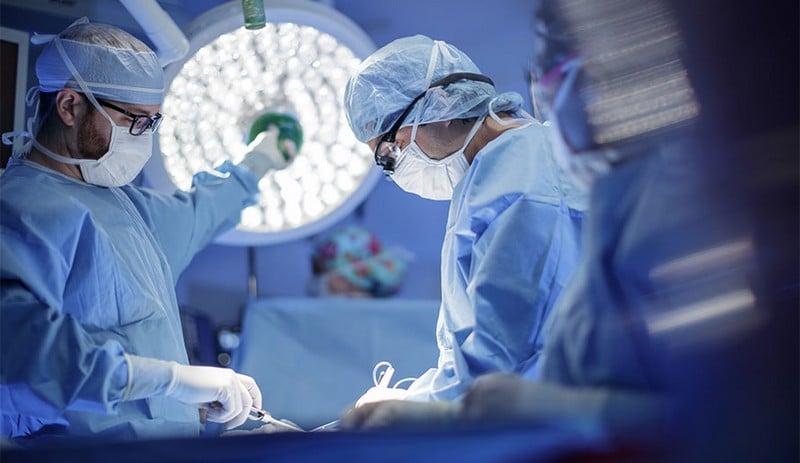Surgery

Abdominal surgery can result in incisional hernias. Incisional hernias develop when the abdominal wall’s surgical incision fails to heal completely. As a result, a hernia may be formed by tissue and organs due to the weakening of the abdominal muscles. Approximately 15 to 20 percent of abdominal surgeries involving incisions result in them.
An individual’s chance of incisional hernia might change depending on several circumstances. An incisional hernia’s most obvious sign is a protrusion close to the incision site. It’s most noticeable when patients stress their muscles, like standing up, lifting something, or coughing.
In addition to a noticeable protrusion, incisional hernias can result in other symptoms like thin, narrow stools, diarrhea, constipation, fever, pain near the hernia, and abdominal pain. Hernias can happen before or after surgery, but they are most common between three to six months following surgery.
Hernias are more prone to occur following urgent or extensive surgery. After surgery, if the edges of the wound are not correctly aligned, the injury may not heal properly, increasing the risk of a hernia. Another factor to consider is the sewing method utilized to close the incision.










